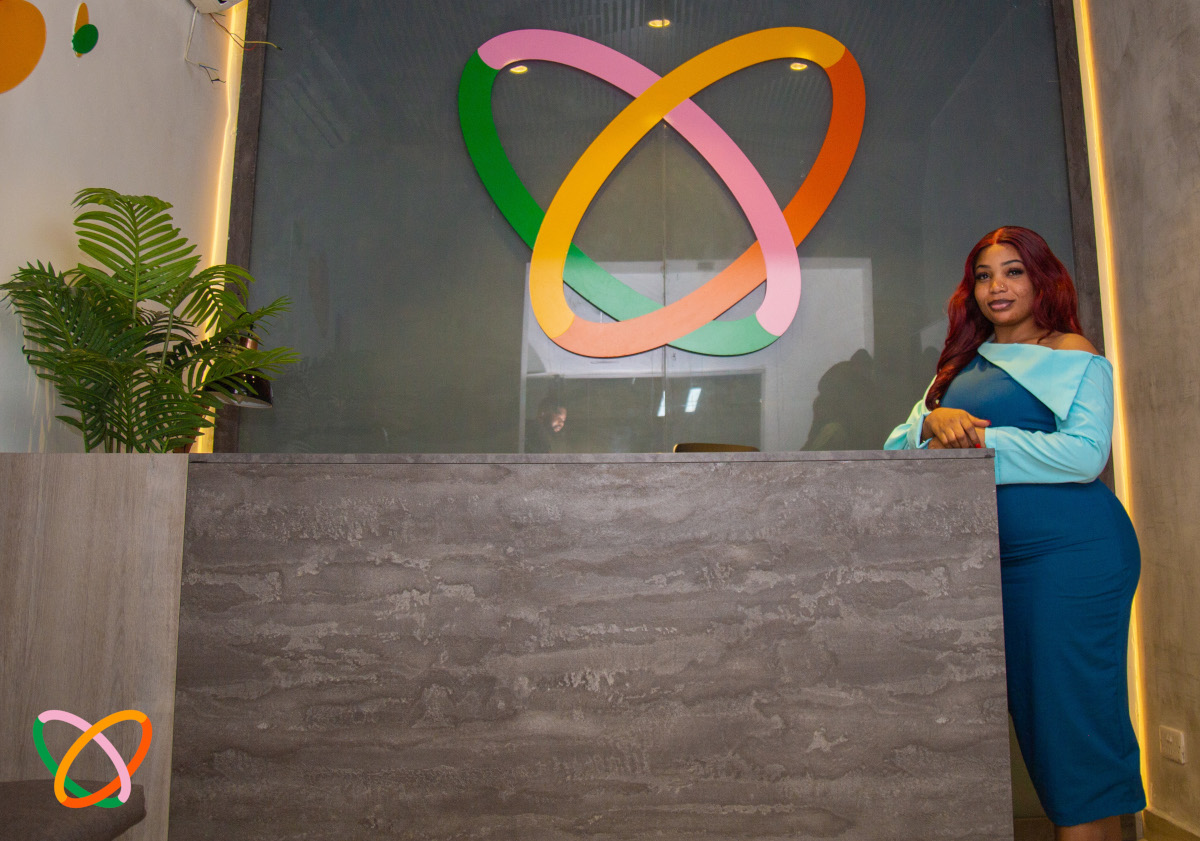Key takeaways:
- The International Monetary Fund (IMF) has released a research paper detailing the adoption level of the eNaira.
- The paper included data on the transaction volume and total number of active eNaira wallets.
- It concluded that adoption levels have been disappointing; however, in what looks like a scramble to increase adoption, the CBN plans to pay salaries and school fees with eNaira.
I used the eNaira wallet during Nigeria’s cash crunch. There’s no doubt it was fast, simple, and, most importantly, free.
Similar to banking apps, it also had features that, for example, allowed you to send money to a recipient by simply typing their nickname. You can also create a QR code that has information on how much you wish to be paid and your wallet ID.
A USSD code —*997*50#— was also launched to allow feature phone users to use the eNaira.
Interestingly, all these perks and features were not enough to win Nigerians over.
Although the CBN has come out to say the central bank digital currency (CBDC)—eNaira—is doing well in terms of adoption, the IMF’s recent research paper reveals that adoption levels have been low.
On one occasion, the CBN Governor, Godwin Emefiele, said the transaction value and volume of the eNaira have been remarkable. Emefiele’s comment was on CBN’s announcement about the eNaira reaching ₦4 billion ($8.6 million) in transaction value, a year after its launch.
Recently, Bloomberg reported that eNaira usage surged amid the cash crunch experienced by Nigerians between January and March 2023.
The report said eNaira transactions reached ₦22 billion ($47.7 million) during the period, and eWallet users are now 13 million.
However, IMF’s research paper revealed that adoption of the CBDC “has
been disappointingly low.”
While CBN says the eNaira has a total of 13 million users the IMF puts the total amount of wallet downloads at 860,000.
Another interesting figure is the total amount of completed eNaira transactions— 802,000, lower than the total amount of eNaira wallets created.
These figures are reasons to doubt the CBN’s claims that the value of eNaira transactions reached ₦22 billion ($47.7 million).
Interestingly, 98% of the 860,000 wallets are active.
Why is eNaira adoption slow?
The IMF highlighted CBN’s phased approach as one of the reasons for the slow adoption. CBN opened up the eNaira to only people with bank accounts in the first phase, while non-bank account holders had access to it afterwards.
However, the phased approach would have been less of a problem if the eNaira worked as promised at launch.
In May 2022 when the first upgrade to the eNaira was announced, Chimezie Chuta, Founder of Nigerian Blockchain User Group, and one of the consultants on the eNaira project said the eNaira had to go through a complete rework as there were inconsistencies at launch.
Adedeji Owonibi —Founder of Convexity and another consultant on the project— also said the launch of the eNaira was rushed.
CBN has been working to get adoption levels up
From USSD integration to a newly designed app, the CBN has been improving the appeal of the eNaira to drive adoption. It even created promotional videos during the cash crunch to get people interested.
However, the result of these efforts is yet to be seen.
In this article, Owonibi gave some points as to why the eNaira isn’t taking off even with the CBN’s recent efforts. One of the most important is that the CBN did not leverage private partnerships early.
The CBN announced almost a year after the eNaira launch that fintechs could explore investment opportunities with the eNaira. Yusuf Jelil, Principal Manager and Business Lead for the eNaira project said that “the CBN, along with fintech startups, is looking to explore investment opportunities with the eNaira,” However, no investment opportunities have been announced.
Paying school fees and salaries with the eNaira
After the IMF’s report on eNaira adoption, the central bank unveiled plans for school fees of government universities to be paid with eNaira. It also said salaries of government workers will be paid with the digital currency.
According to Vanguard, CBN took the eNaira campaign to Jos and urged staff and students to make use of the eNaira wallet.
Per CBN Jos Branch Controller, Esther Tinat, CBN wants to capture the students and flag off the payment of eNaira using school fees.
She also added that “going forward, you will find out that even salaries for some government agencies will begin to be paid using the e-naira. The e-naira is virtually cost-free, people complain about bank charges but for financial inclusion drive, we have to reduce the cost of banking services hence the e-naira.”
Will it increase adoption?
Historically, government policies have been known not to augur well with Nigerians, especially when they are forced.
The recent cash crunch is an example of such forced policies. Deadlines for getting national identification numbers (NIN) and bank verification numbers are some policies the government has had to go back on.
However, it is too early to tell if the eNaira adoption will continue to stall or improve.
According to the IMF, “the eNaira project is still a work in progress and remains in an early stage.” It also added that breaking the initial low adoption equilibrium requires a mix of clever strategies and luck.
Time will tell if the strategy of paying school and salaries with the digital currency will lead to improving adoption or Nigerians will continue to ignore the eNaira.











